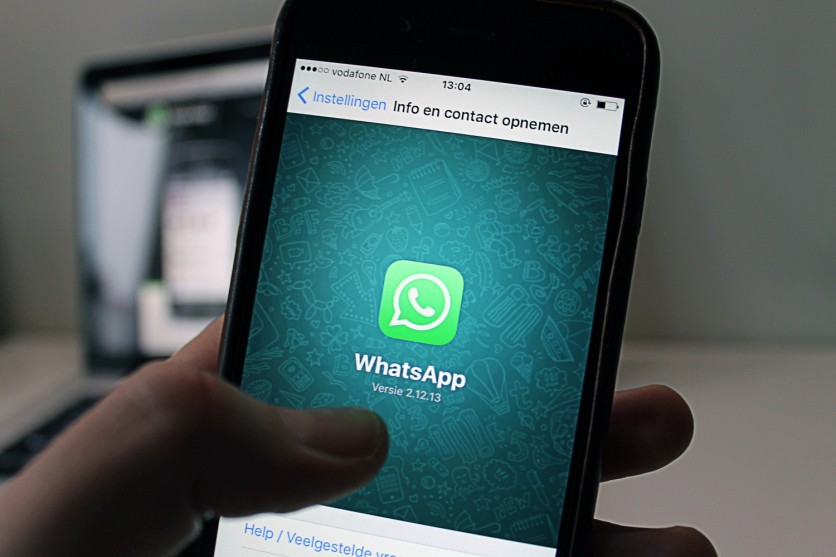
Facebook is expanding its Crisis Response program to its popular messaging app WhatsApp. Previously only limited to Facebook Messenger, users who need or want to offer help during natural disasters can now use WhatsApp instead.
WhatsApp has widespread global adaptation. It has over 400 million users in India alone, according to a report by TechCrunch. In addition to India, it is also the popular messenger in Brazil and India, where in a report by AdWeek, the messaging service will be used by over 90% of smartphone users.
The integration, however, is fairly light. WhatsApp Users will only be able to ask and offer help with the messaging app. Formerly, these were only limited to users of Facebook Messenger.
In addition to WhatsApp availability, Facebook is also expanding what the Crisis Response page can do. Local emergency and support teams can now access maps that were previously only available to international organizations, domestic nonprofits, and researchers and academic universities. This change allows for a faster response during natural disasters.
Expanding Facebook's Crisis Response
Facebook's "Data for Good" tools are also receiving some substantial upgrade. With partnerships with organizations such as Direct Relief, the National Alliance for Public Safety GIS Foundation, and the International Displacement Monitoring Centre, Facebook is now able to provide "disaster maps and relief organizations with information about where to distribute supplies, based on aggregated, anonymized data," according to TechCrunch.
In an interview with Mashable, Emily Dalton Smith, Facebook's head of social impact product, said that ""We hope our tools can support people in unlocking that inherent human generosity". Crisis Response also now allows video and photo sharing in Facebook, allowing users to share first-hand details of events during natural disasters. This will allow organizations to gather on-the-ground data faster, allowing them to adjust and plan accordingly.
Creation of Crisis Response
Crisis Response used to be three individual Facebook features—Safety Check, Community Help, and Fundraiser. Safety Check allowed users to check-in during natural calamities, informing their friends on the Social Media platform that they're not severely affected by the calamity.
Community help allowed users to offer aid and relief to local strangers during times of need.
Fundraising allowed for users to start fundraising drives for their chosen causes.
Facebook decided to create a centralized tab for all of these features, which are now housed under the Crisis Response hub. Since its launch in 2017, users in 80 countries and in over 300 crises have used the tool. The tool has been used to connect friends and family during events such as floods, mass shootings, typhoons, and earthquakes.
Facebook still in the hot seat
Up to now, Facebook remains embattled with a variety of issues. It has come under fire for the continuation of propagation of "fake news" on its platform, even after its vows to combat misinformation. Recently, a hoax story about white vans abducting women went viral on the platform. It is thought that the site's algorithms were responsible for the spread of the malicious rumor.




